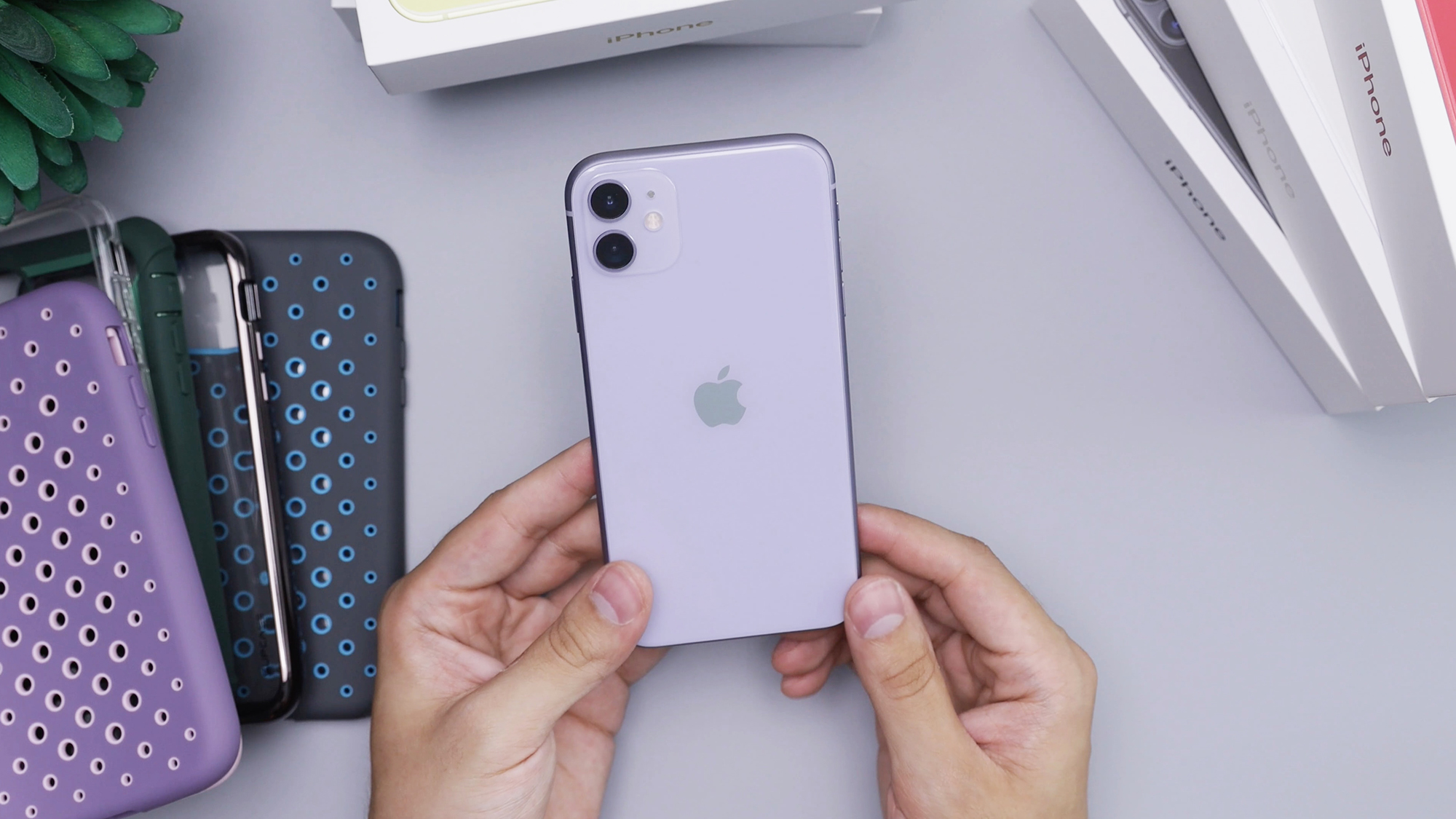

We’re all different when it comes to upgrading our phones. Maybe you get a new one every year or don’t even think about it before having your device for at least five years. But no matter how often you swap your handsets, you want to make sure you’re giving your gadget the best chance at a long life by properly looking after it.
This will result not only in a better experience for you but in not having to upgrade your phone as quickly as you otherwise would, saving you a substantial pile of cash along the way.
Invest in a case
No matter what phone you have, there will be cases available for it, including official and third-party models. And if you have an iPhone or a Samsung Galaxy phone, you’ll find a wealth of choices out there. These cases typically won’t cost you that much either, so they’re an inexpensive way to help keep your gadget away from harm.
Buying a case can prolong the life of your phone by protecting it from drops, knocks, and spills. Whether your handset slides out of your grab at the top of a ladder or gets crayoned on by your kids, a case can be a truly useful buffer between it and the real world.
[Related: Best iPhone cases for protection and style]
Esthetics are not the only factor to consider, so think carefully about which one you want. Thicker cases offer more protection but obviously add more bulk to your device. Besides shielding your phone, some cases also offer extras like an additional battery pack or slots to store your credit cards.
Screen protectors can also work alongside cases to keep the display on your phone safe. If it’s properly installed, you’ll barely notice it’s there and it can make the difference between your screen shattering or staying intact when you drop it.
Streamline the software
Sometimes it’s not the hardware that prompts an upgrade, but the software—Your phone has slowed down to a crawl and apps are crashing or taking ages to load up. There are ways to give your device a longer life by improving your device’s performance but know that you can’t put it off forever. There will always be a point of no return where you’ll either have to lower your expectation as to what you can do with your phone, or get a new one.
First and foremost, keep your phone updated with the latest versions of its operating system and individual apps. This will allow it to run optimized code at all times, with the latest bug fixes and efficiency improvements. Software updates are mostly handled automatically, but you can still check for them via General and Software Update from iOS Settings or System and System Update from Android Settings.
It’s also worth freeing up as much storage space as possible, which will give your phone more room to work with. To do this, uninstall the apps you don’t need, and clear out files (such as photos and videos) you’ve got backed up elsewhere.
Pay for professional fixes
Having a specialist repair your phone costs money, but in the long run, it can be worth spending a bit to prevent even worse problems. A small screen crack, for example, can weaken the display and lead to further cracks over time, so consider replacing it before your phone becomes unusable.
Another common repair is dodgy charging ports, which may be to blame for your phone not juicing up properly. Replacing this part can help protect the health of your battery and ensure that the faulty component doesn’t start damaging anything else inside your phone.
When you reach a certain level of damage, it’s probably more cost-effective to just buy a new phone, but it’s worth weighing up your options if a repair will keep your handset going for longer.
You might also want to consider getting your phone insured—especially if you splurged a big chunk of cash on a top-of-the-line, rare, and very expensive-to-fix device.
Protect the battery
If your battery maintains its health for a long time, so will your phone, which is why Android and iOS now have features to reduce strain on your battery, including slower charging speeds where possible.
On iOS, open Settings then choose Battery, Battery Health & Charging, and Optimized Battery Charging to turn the feature on. On Android, from Settings go to Battery, Adaptive preferences, and then Adaptive charging. If your phone knows it can take its time (like when you’re charging it overnight), then it will.
There are several other ways to improve your phone’s battery life: Keep it away from extreme temperatures (like a hot car), take it out of its case while you’re charging it, and store it half-charged if you won’t be using it for a while. The latter prevents your phone from falling into a deep discharge state (if it’s not charged at all) or losing capacity (if it’s fully charged).
Keep your phone clean
A clean phone is a healthy phone, and regularly taking a few minutes to remove dirt, dust, and grime can help it work better for longer. You can damage your handset if you don’t know what you’re doing, but luckily you can check out our comprehensive guide to cleaning your phone.
On a smartphone, for example, small particles can get lodged in ports or under buttons, leading to problems in the long term. All you really need to get rid of those and other gunk is a soft microfiber cloth and perhaps a small, soft-bristled brush to keep everything neat and tidy.
It’s the same principle as with a car or a lawnmower: Keep your phone well-maintained so it lasts you longer.
